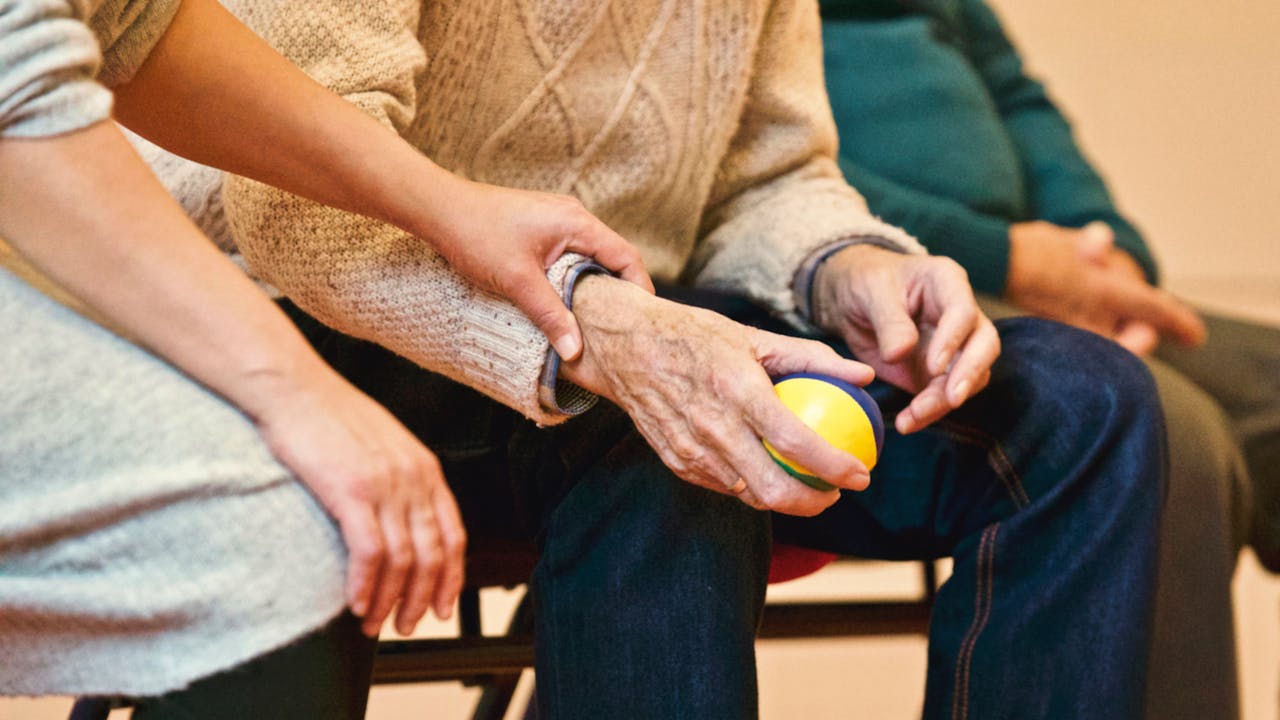
Women caregivers can often become secondary patients as the constant and extensive care they provide to loved ones affects their physical and emotional well-being. (Pexels Photo)
In societies worldwide, women are frequently expected to assume the role of primary caregivers, and too often, that means putting the well-being of others before their own. This expectation transcends cultural boundaries and manifests in various forms.
In 2022, over half of women and girls in Canada aged 15 and older — nearly 8.4 million people — dedicate themselves to caregiving, whether for children or dependent adults, paid or unpaid.
Nearly one-third of them were involved in unpaid caregiving for children, while 23 per cent were tending to adults with long-term conditions or disabilities. These figures highlight the sheer magnitude of women’s involvement in caregiving.
Whether tending to aging relatives, managing household responsibilities or caring for children and spouses, women must often balance caregiving duties and personal needs.
Caring for loved ones
Statistics Canada data shows that almost 65 per cent of caregivers providing 20 hours or more of care per week are women. Women caregivers can often become secondary patients as the constant and extensive care they provide to loved ones affects their physical and emotional well-being.
When it comes to caregiving in the home, daughters often face balancing caregiving responsibilities with their personal and professional aspirations. They often juggle multiple roles without adequate acknowledgment or support. The pressure to meet familial expectations while neglecting their well-being can significantly affect their physical and emotional health.
Those pressures can continue into their marital lives, where they carry the caregiving responsibilities. From caring for aging parents and in-laws to managing household affairs, they are expected to prioritize the needs of others above their own. This expectation can be particularly pronounced in cultures where traditional gender roles are deeply entrenched, leaving little room for women to assert their autonomy and prioritize self-care.
The challenge of ‘sandwich caregiving’
A prevalent challenge faced by women caregivers is sandwich caregiving. This is where they find themselves sandwiched between caring for their children and aging parents or in-laws. This dual responsibility places immense pressure on women, both mentally and physically, as they strive to provide familial care.
Around 1.8 million people in Canada are sandwich caregivers, simultaneously caring for children and care-dependent adults. Furthermore, women are more likely to be sandwich caregivers than men. They are also more likely to report the negative impact of caregiving on their health and well-being, finances and family relationships.
In South Asian communities, daughters-in-law are frequently tasked with caregiving duties within their marital families, where they navigate familial structures that often prioritize the needs of aging in-laws over their own autonomy.
Similarly, in Chinese and other East Asian communities, women traditionally care for aging parents or in-laws, embodying the role of dutiful daughters who prioritize familial harmony and filial piety.
In Hispanic communities, the concept of “marianismo” emphasizes women’s role as nurturers and caregivers, wherein they are expected to prioritize the needs of their families above their own.
These cultural norms shape women’s roles within the family and influence their access to resources and opportunities outside the home. Despite variations across cultures, the common thread of women as primary caregivers underscores the need for recognition and support to alleviate the burden placed on them by societal expectations.
Addressing the burdens of caregiving
Providing more support to women caregivers means enacting policy reforms to provide them with paid family leave, flexible work arrangements, affordable child care and accessible health care and providing training and education programs.
Additionally, there should be community-based support networks that provide respite for carers alongside information and referral services and peer mentoring programs. These measures would help alleviate the burden on caregivers, promote their mental health and self-care and foster a more supportive environment for women balancing caregiving responsibilities with their own well-being.
Additionally, there need to be more open conversations about challenging traditional stereotypes and promoting gender equality. This is a crucial step toward making caregiving responsibilities more equitably shared within families.
Empowering women caregivers requires a fundamental shift in societal attitudes and norms. It involves recognizing and valuing their contributions while allowing them to prioritize their well-being. By raising awareness of the challenges faced by women caregivers and advocating for systemic changes, we can create a more supportive and inclusive environment for all caregivers, irrespective of cultural background.
The burden of caregiving transcends cultural boundaries, impacting women across societies worldwide. It’s time to recognize the invaluable role of women caregivers and work towards creating a more equitable and supportive environment for all members of society.![]()
Navjot Gill-Chawla, Doctoral Candidate, Aging, Health and Well-being, University of Waterloo
This article is republished from The Conversation under a Creative Commons license. Read the original article.





















